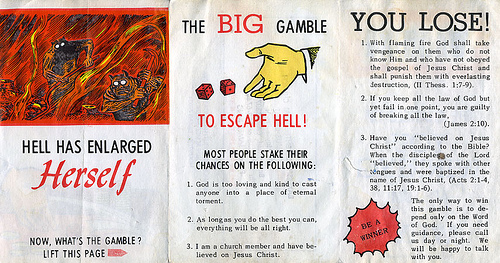Myles Davis, "A Critical History of Pamphlets" (1715):
“From PAMPHLETS may be learned the genius of the age, the debates of the learned, the follies of the ignorant, the bévues of government, and the mistakes of the courtiers. Pamphlets furnish beaus with their airs, coquets with their charms. Pamphlets are as modish ornaments to gentlewomen’s toilets as to gentlemen’s pockets; they carry reputation of wit and learning to all that make them their companions; the poor find their account in stall-keeping and in hawking them; the rich find in them their shortest way to the secrets of church and state. There is scarce any class of people but may think themselves interested enough to he concerned with what is published in pamphlets, either as to their private instruction, curiosity, and reputation, or to the public advantage and credit; with all which both ancient and modern pamphlets are too often over familiar and free.—In short, with pamphlets the booksellers and stationers adorn the gaiety of shop-gazing. Hence accrues to grocers, apothecaries, and chandlers, good furniture, and supplies to necessary retreats and natural occasions. In pamphlets lawyers will meet with their chicanery, physicians with their cant, divines with their Shibholeth. Pamphlets become more and more daily amusements to the curious, idle, and inquisitive; pastime to gallants and coquets; chat to the talkative; catch-words to informers; fuel to the envious; poison to the unfortunate; balsam to the wounded; employment to the lazy; and fabulous materials to romancers and novelists.”
